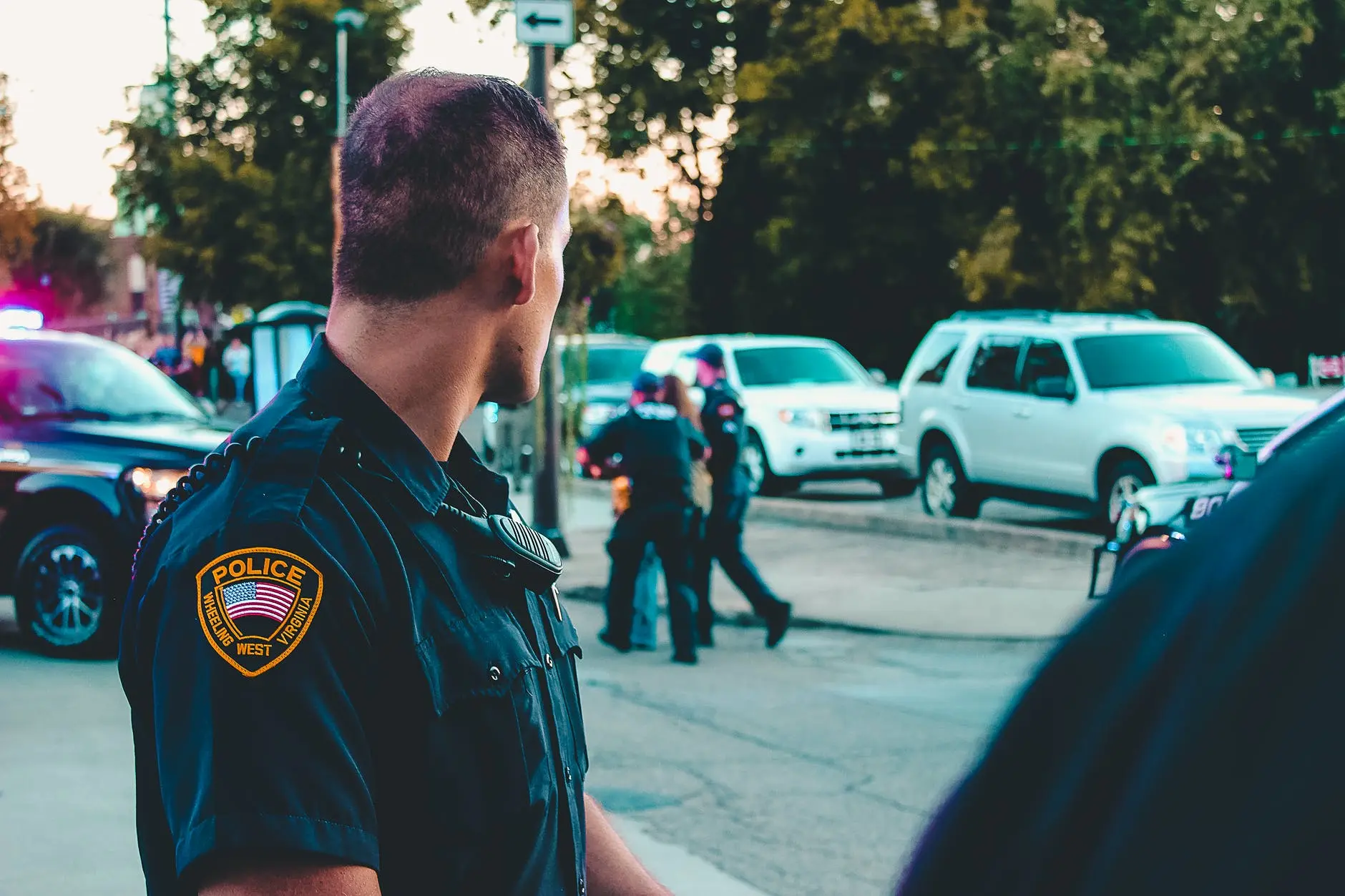Question 1
Ethics are the values and behaviors of individuals in a society considered as either good or bad. In every society, certain ethical codes are established to guide the value of people. In law enforcement, the application of ethics helps in analyzing what is right or wrong. In essence, it plays a critical role in future career choice in law enforcement.
One of the important roles that ethics and integrity play in the future career choice in law enforcement is that it helps in identifying what is right or wrong (Porter & Prenzler, 2016). The law enforcement officers often serve individuals by ensuring the integrity and observing the rights of individuals. As a result, it is necessary that they engage in activities that contribute to the improved welfare of all people that they serve. Also, the application of ethics in law enforcement is essential as it ensures the utilization of analyzing and critical thinking skills. As a result, it helps facilitate reasonable and informed decision making for law enforcement officers. Lastly, ethical values can provide individuals in law enforcement careers to be aware of the moral and open issues that are considered important in career development.
Question 2
The two aspects in which law, morality, and ethics differ based on how they affect the decisions of the local enforcement officers include discrimination and stereotyping. It is unethical to discriminate or stereotype against an individual (Westmarland & Rowe, 2018). However, in Chicago, the majority of law enforcement officers often engage in discrimination and stereotyping when dealing with criminals. For example, the Chicago police department often stereotypes criminals based on the clothes they wear, their color or race, and behaviors. Also, discrimination is a common phenomenon in the Chicago law enforcement officers where they favor whites as opposed to the African American and Hispanics, among others.
Question 3
There are many different ways in which the law enforcement officers should use morality, ethics, and a code of conduct in both their personal and professional lives. One of the recommendations is for the law enforcement officer to ensure equitable and fair treatment of all the people they serve in society. The officers should uphold a high standard when on duty and ensure that they engage in practices based on the laws and policies governing the state. Also, it is critical for law enforcement officers to ensure professionalism when on duties (Porter & Prenzler, 2016). Adhering to professionalism implies that the law enforcement officers should observe and obey all the rules and policies that govern their profession.
Question 4
In Chicago, there are several codes of conducts for law enforcement officers. The two important law enforcement code of conduct in Chicago include integrity and confidentiality. The two code of conduct should at all times govern the law enforcement officers during the administration of their duties. With regards to integrity, law enforcement officers should not engage in acts such as bribery or corruption (Westmarland & Rowe, 2018). According to this code, the integrity of the police officers is a priority and above reproach. As a result, all the law enforcement officers should avoid the acts that can compromise the integrity and make the public lose confidence in the law enforcement officers.
Confidentiality is another important code of conduct that governs law enforcement officers in Chicago. The code makes it necessary for the police officers to keep secret whatever they hear, see or learn that is private unless the legal provision or the performance of the duty requires so.
References
Porter, L. E., & Prenzler, T. (2016). The code of silence and ethical perceptions: Exploring police officer unwillingness to report misconduct. Policing: An International Journal of Police Strategies & Management, 39(2), 370-386.
Westmarland, L., & Rowe, M. (2018). Police ethics and integrity: can a new code overturn the blue code?. Policing and society, 28(7), 854-870.








